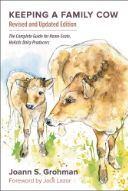Slavic Easter Cheese, AKA Sirets, Hrudka or Ciruk
Feb 14, 2012 11:44:31 GMT -5
xymenah and grammagrace like this
Post by TasunkaWitko on Feb 14, 2012 11:44:31 GMT -5
Slavic Easter Cheese (also known as Sirets, Hrudka or Ciruk)
NOTE - scroll down for a complete, step-by-step pictorial on how to make this!
This recipe is from the kitchen of Maria Macejko Milot, my wife's grandmother, and enjoys a long history in the family with happy memories. It is very easy to make and is an authentic, old-world recipe.
1 dozen eggs
1 to 2 teaspoons vanilla
1 quart milk
1/2 cup sugar
Combine all ingredients in a white, enameled pan, whisking until well blended. Cook over medium to low heat, stirring/whisking gently and constantly, until the mixture curdles. This will take a long time, around 30 minutes, but keep with it. You will know you are getting close when the curds start breaking up into a consistency like oatmeal. When everything sort of "breaks loose," and the whey turns from white to the color of broth, as the cream from the milk is used, it will be just about ready.
Pour the mixture into a colander that is lined with several thicknesses of cheesecloth. Once mixture is drained, pick it up, cheesecloth and all, and it shape into a ball by twisting the top part of a cheesecloth. Use a pencil or the handle of a wooden spoon as a tourniquet to squeeze out the whey.*
Tightly tie the open end of the cheesecloth with string; tie the string very close to the top of the ball. CAUTION! this will be hot! Hang the cheese over sink to drain and cool.
Remove cheesecloth when cool; wrap and refrigerate over night.
To serve slice into serving-sized portions and enjoy.
*The whey from the hrudka can be saved and used when making pascha (paska). To conserve the whey, place the colander over a large pot before pouring mixture into cheesecloth. I checked with my wife, and she said she can't recall her grandmother ever making pascha - however, I did find a recipe for pascha that looks traditional to me. you can find it here:
And a couple more links here:
Should be some good stuff!
Here is a picture of our easter cheese efforts, which turned out very well:
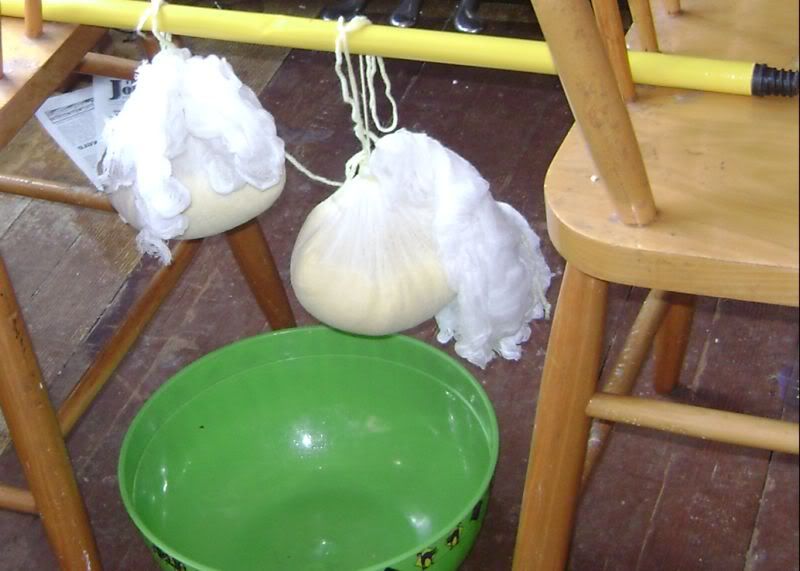
Here's a little more history - my wife's grandmother, Mary, emigrated to the United states from a village called Žakarovce. This village was in the Slovak regions of the Austro-Hungarian empire, which became Czechoslovakia right around the time she left the country.
NOTE - scroll down for a complete, step-by-step pictorial on how to make this!
This recipe is from the kitchen of Maria Macejko Milot, my wife's grandmother, and enjoys a long history in the family with happy memories. It is very easy to make and is an authentic, old-world recipe.
1 dozen eggs
1 to 2 teaspoons vanilla
1 quart milk
1/2 cup sugar
Combine all ingredients in a white, enameled pan, whisking until well blended. Cook over medium to low heat, stirring/whisking gently and constantly, until the mixture curdles. This will take a long time, around 30 minutes, but keep with it. You will know you are getting close when the curds start breaking up into a consistency like oatmeal. When everything sort of "breaks loose," and the whey turns from white to the color of broth, as the cream from the milk is used, it will be just about ready.
Pour the mixture into a colander that is lined with several thicknesses of cheesecloth. Once mixture is drained, pick it up, cheesecloth and all, and it shape into a ball by twisting the top part of a cheesecloth. Use a pencil or the handle of a wooden spoon as a tourniquet to squeeze out the whey.*
Tightly tie the open end of the cheesecloth with string; tie the string very close to the top of the ball. CAUTION! this will be hot! Hang the cheese over sink to drain and cool.
Remove cheesecloth when cool; wrap and refrigerate over night.
To serve slice into serving-sized portions and enjoy.
*The whey from the hrudka can be saved and used when making pascha (paska). To conserve the whey, place the colander over a large pot before pouring mixture into cheesecloth. I checked with my wife, and she said she can't recall her grandmother ever making pascha - however, I did find a recipe for pascha that looks traditional to me. you can find it here:
And a couple more links here:
Should be some good stuff!
Here is a picture of our easter cheese efforts, which turned out very well:

Here's a little more history - my wife's grandmother, Mary, emigrated to the United states from a village called Žakarovce. This village was in the Slovak regions of the Austro-Hungarian empire, which became Czechoslovakia right around the time she left the country.


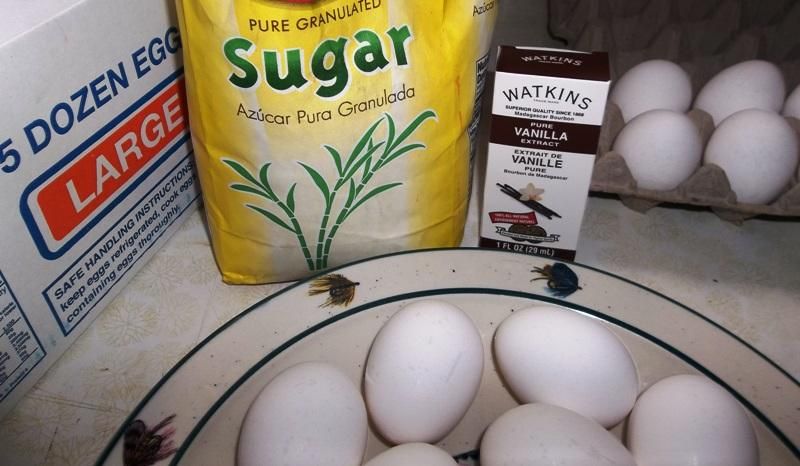
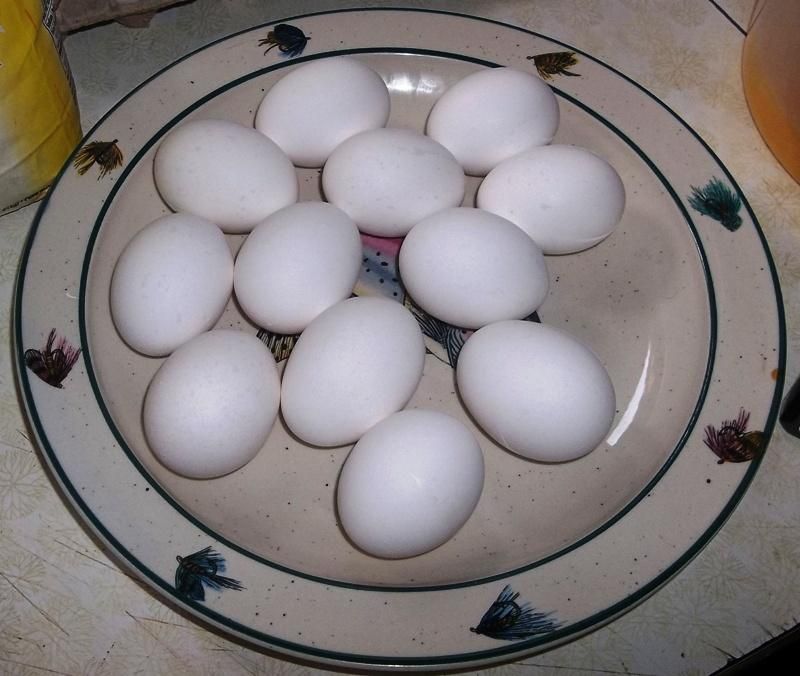
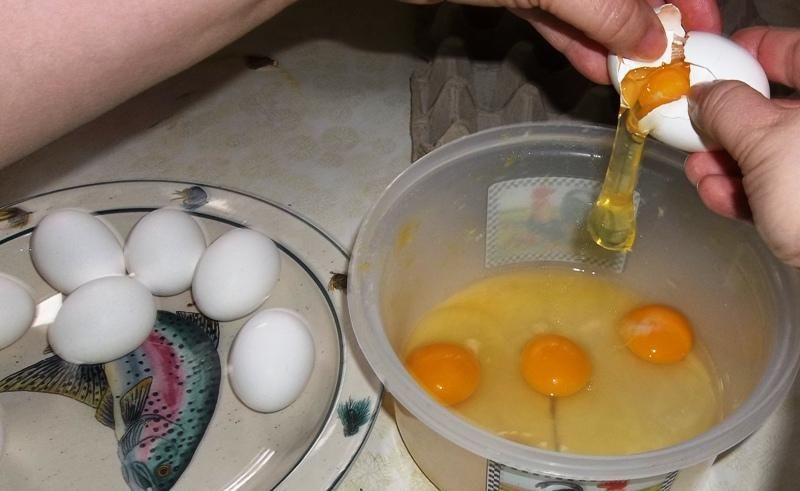
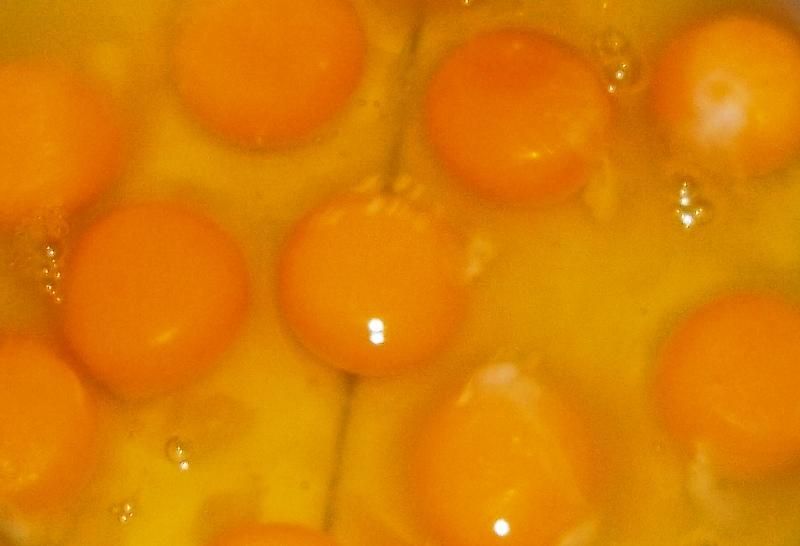
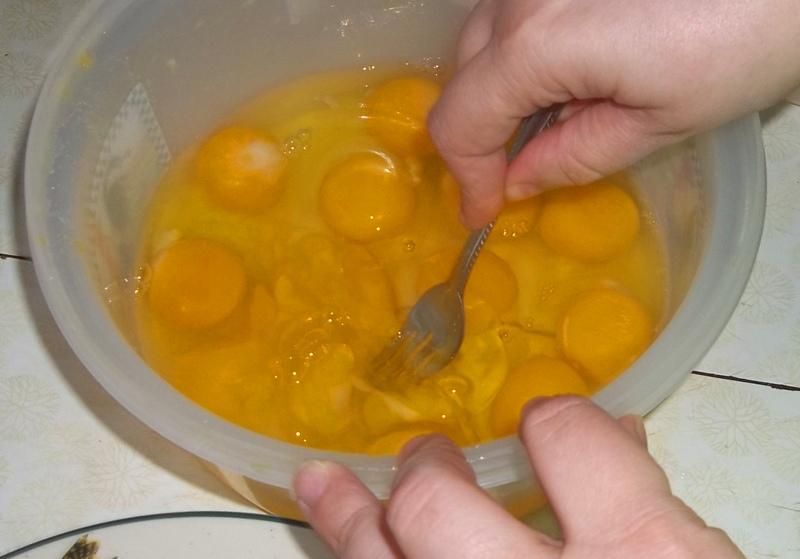
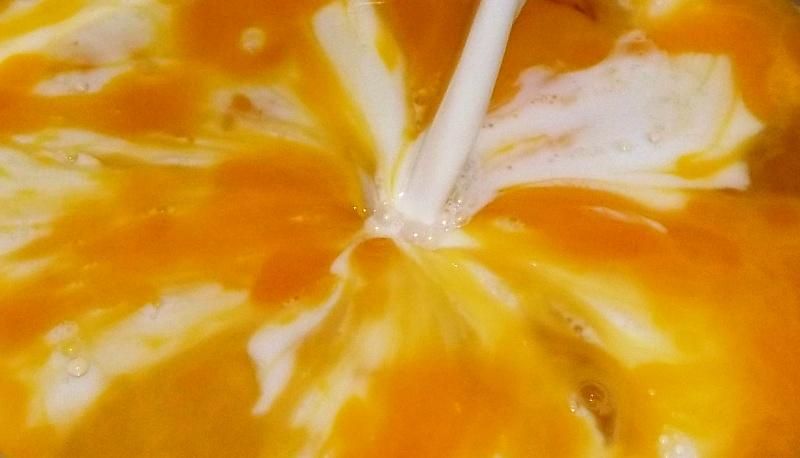
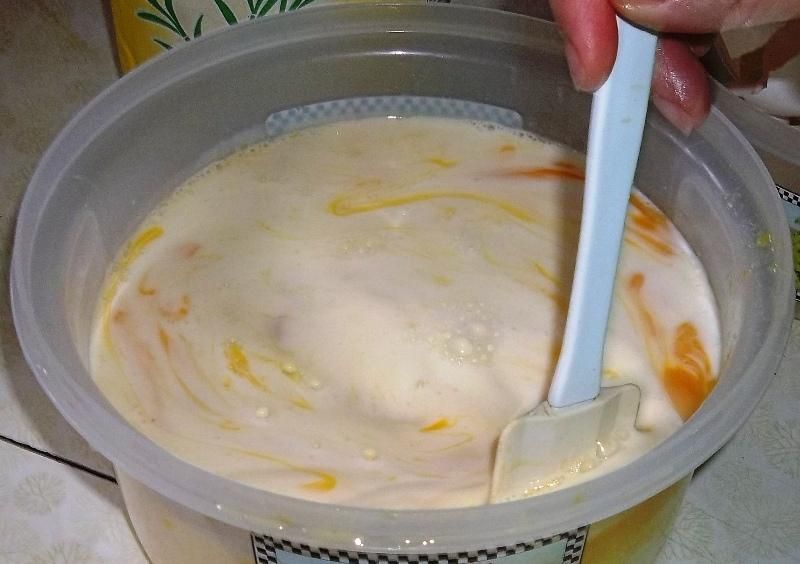
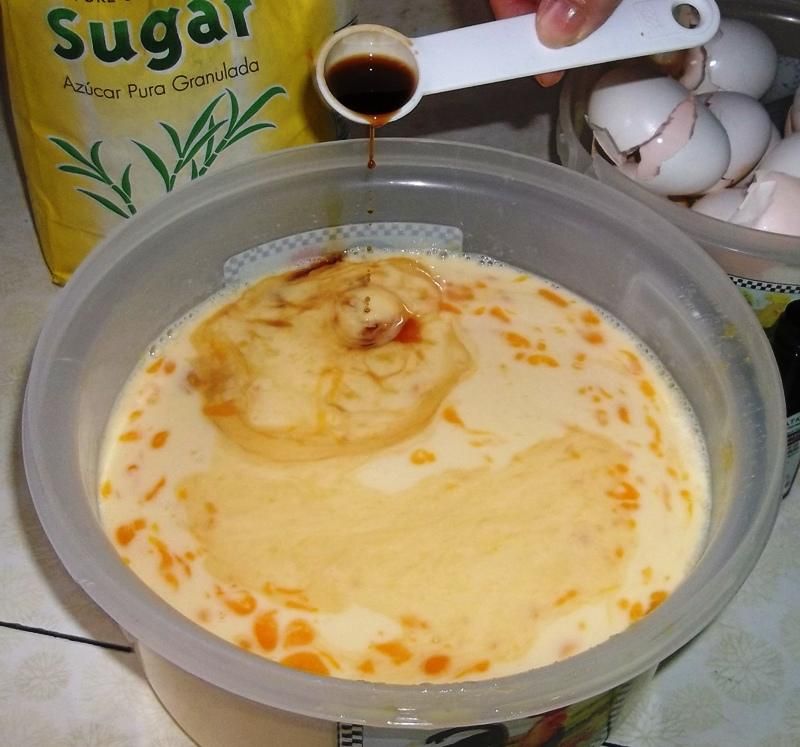
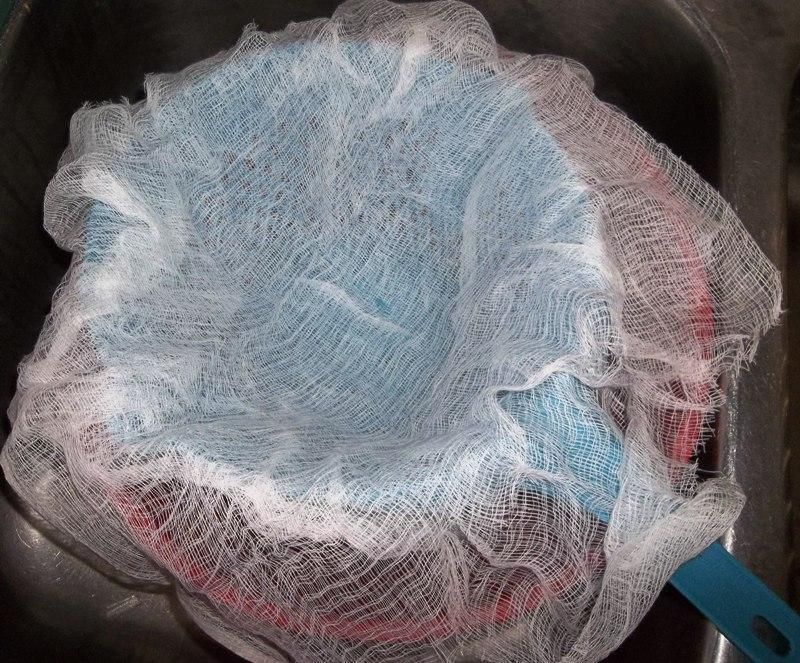
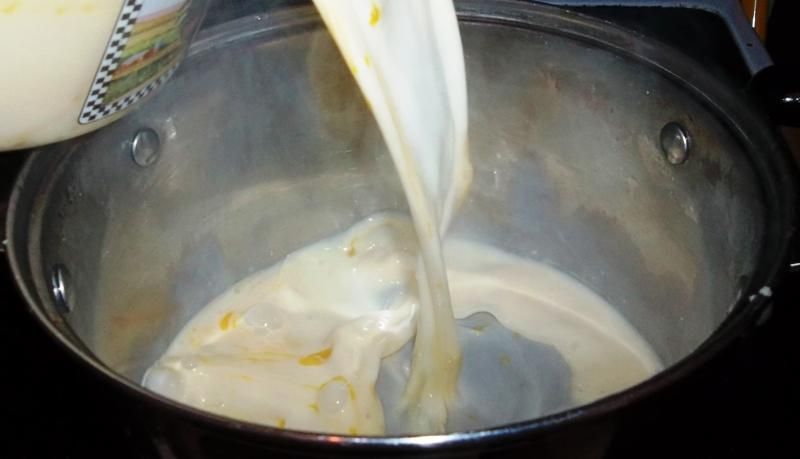
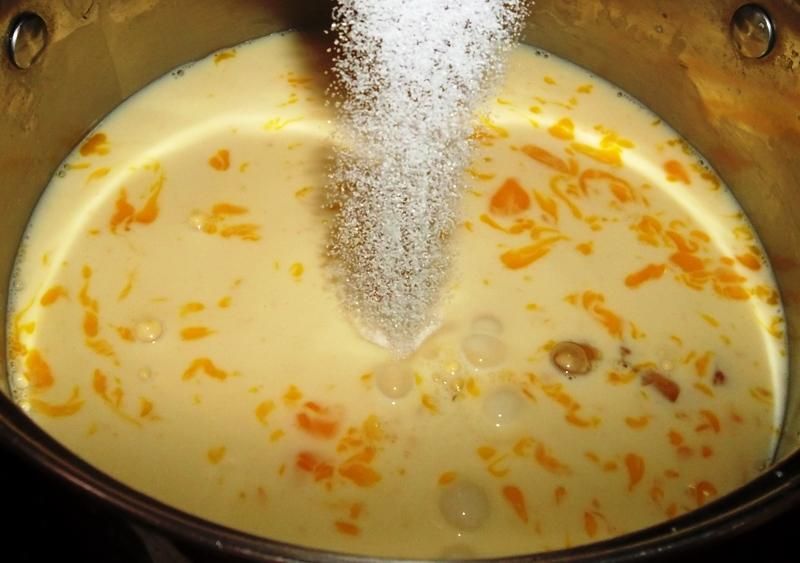
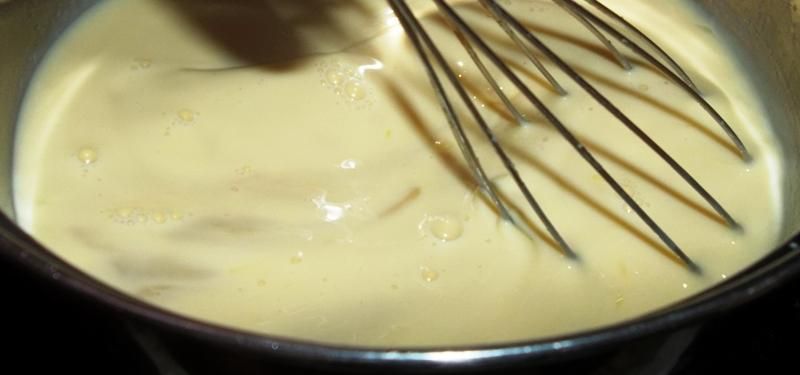
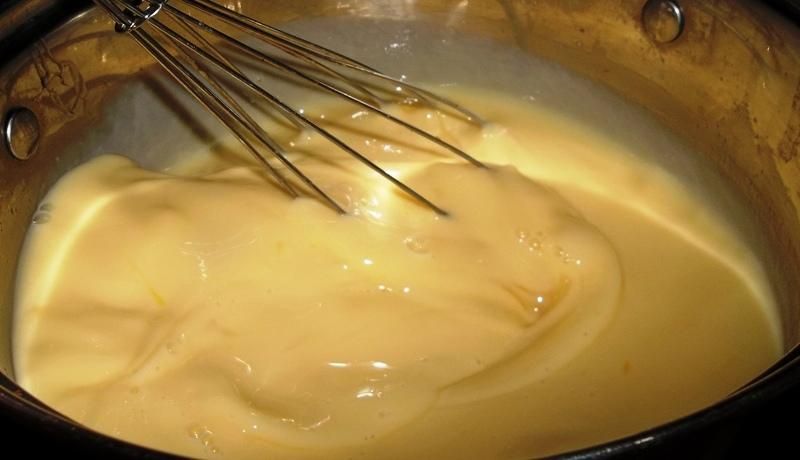
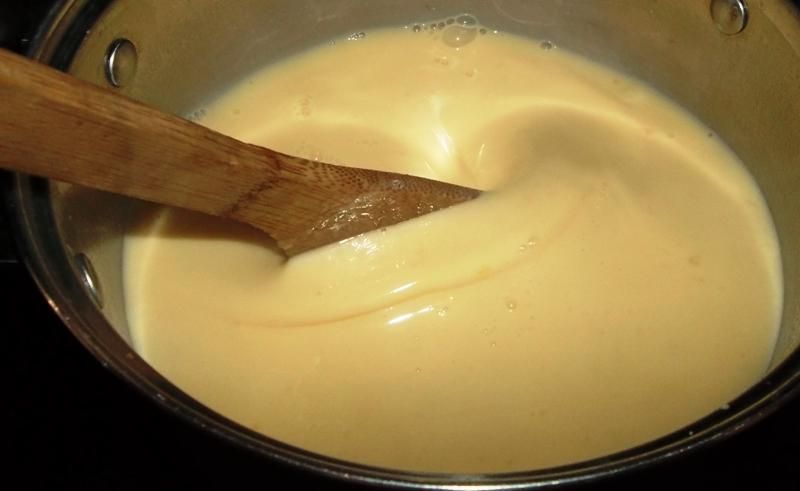
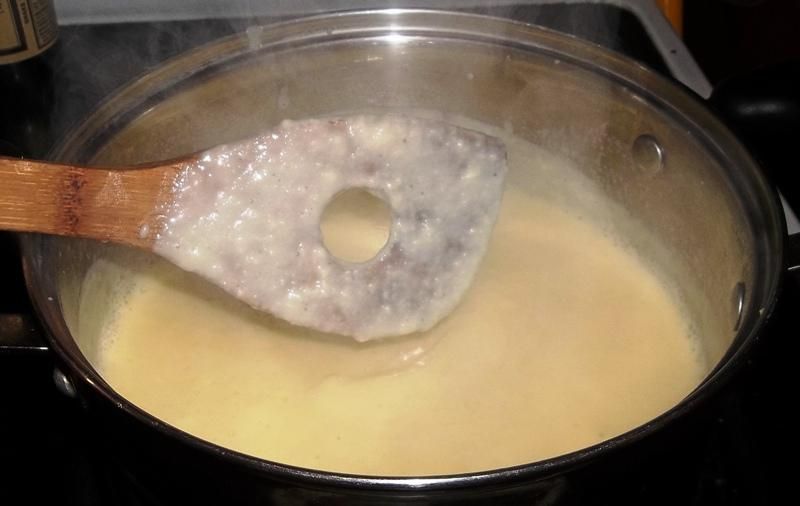
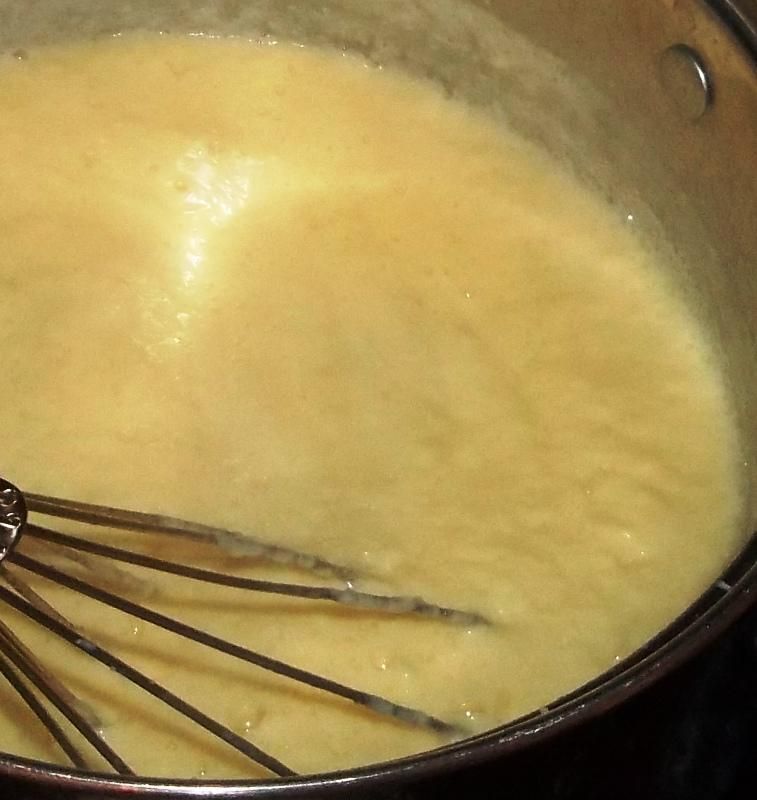
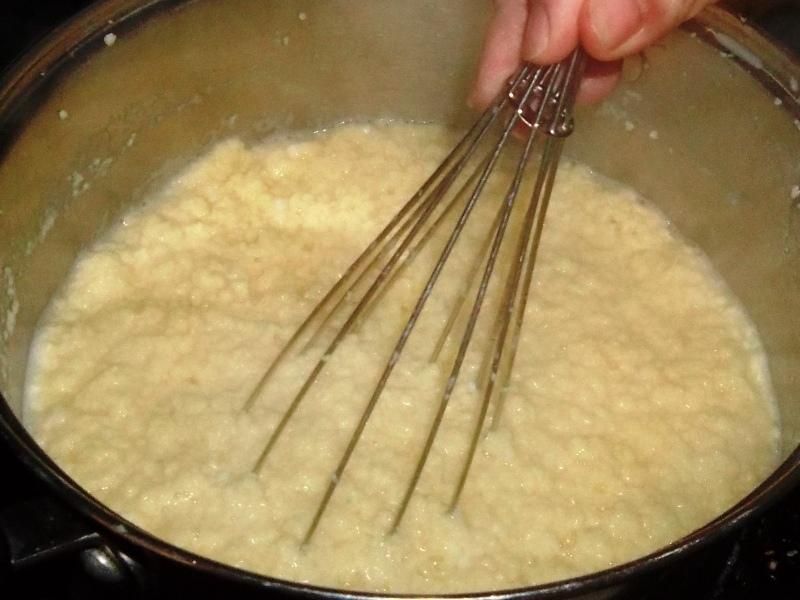
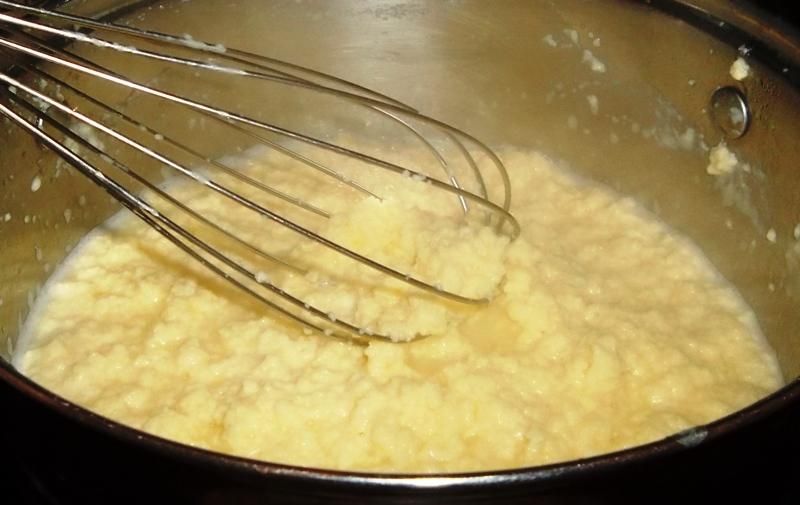
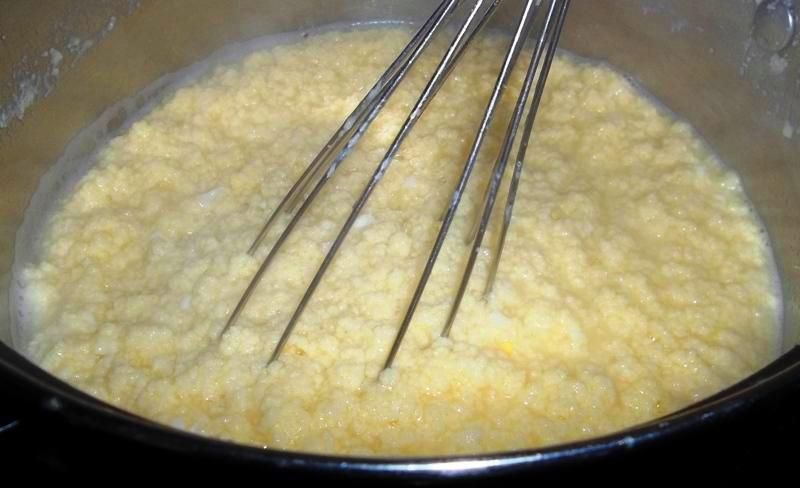
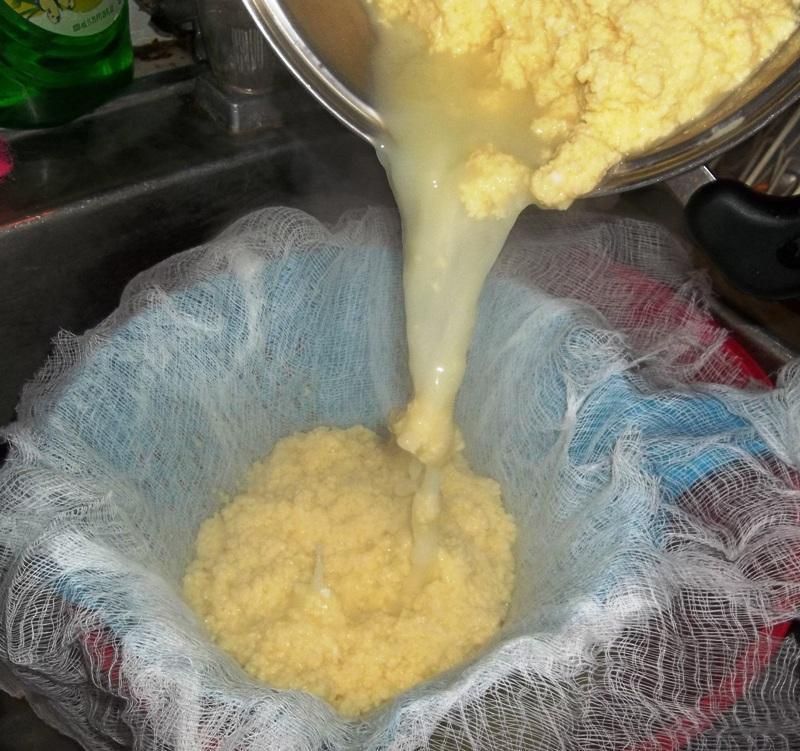
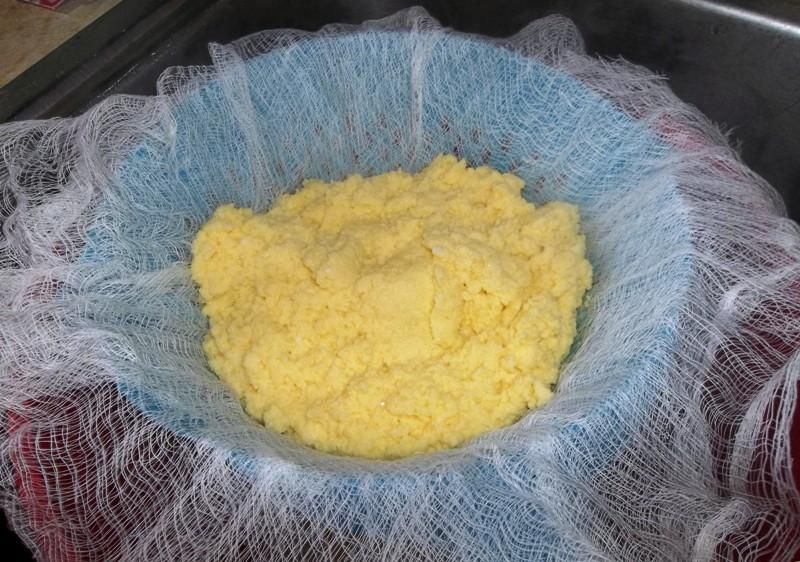
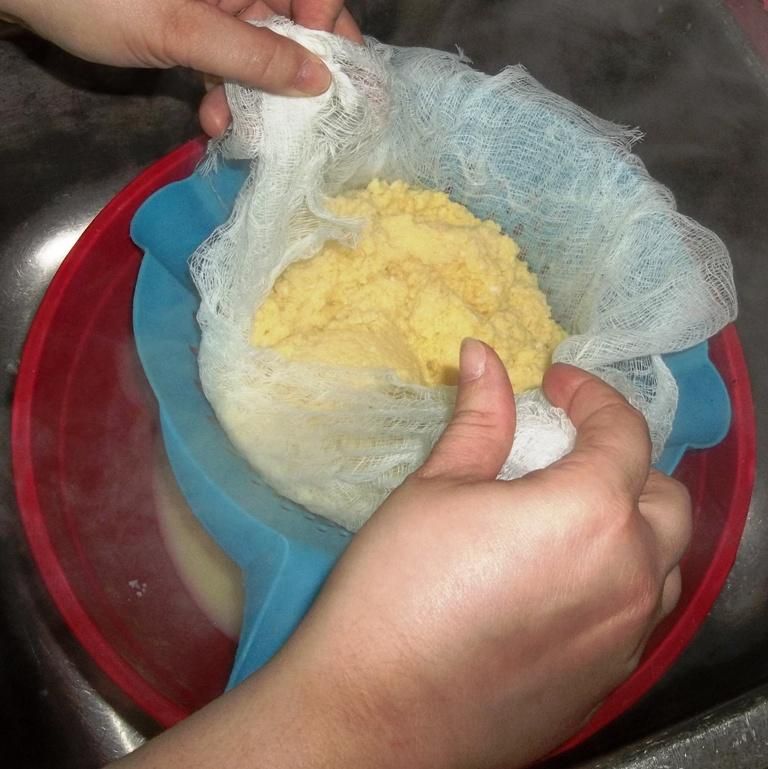
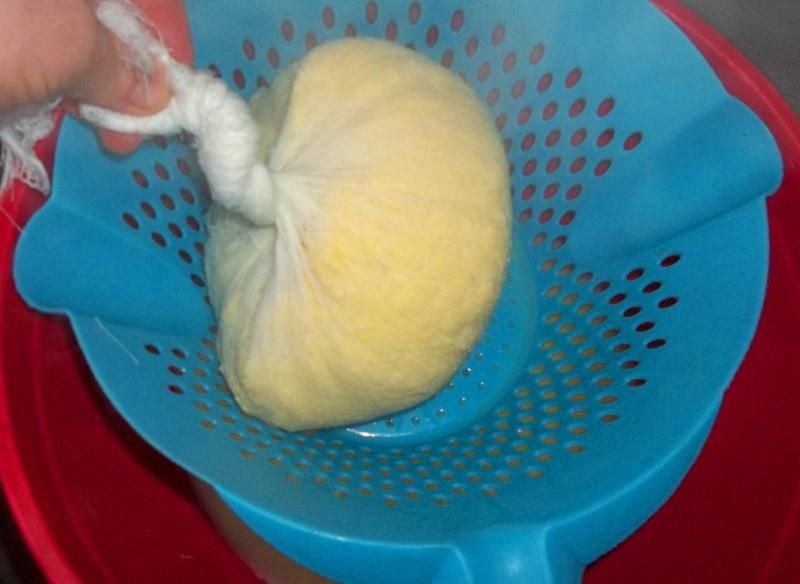
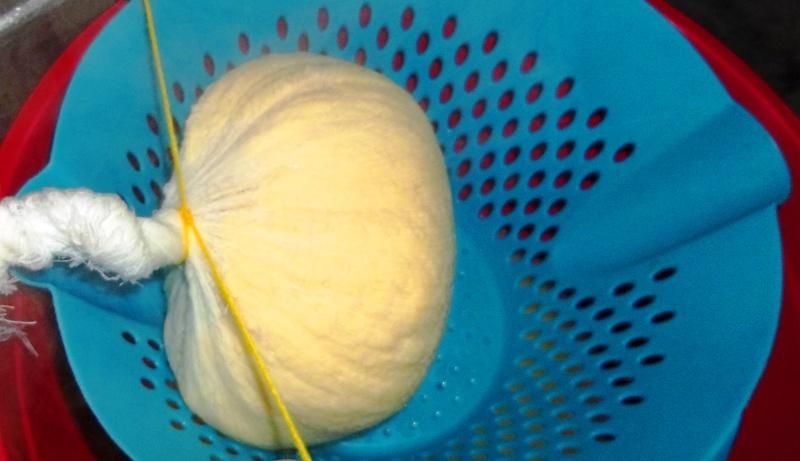
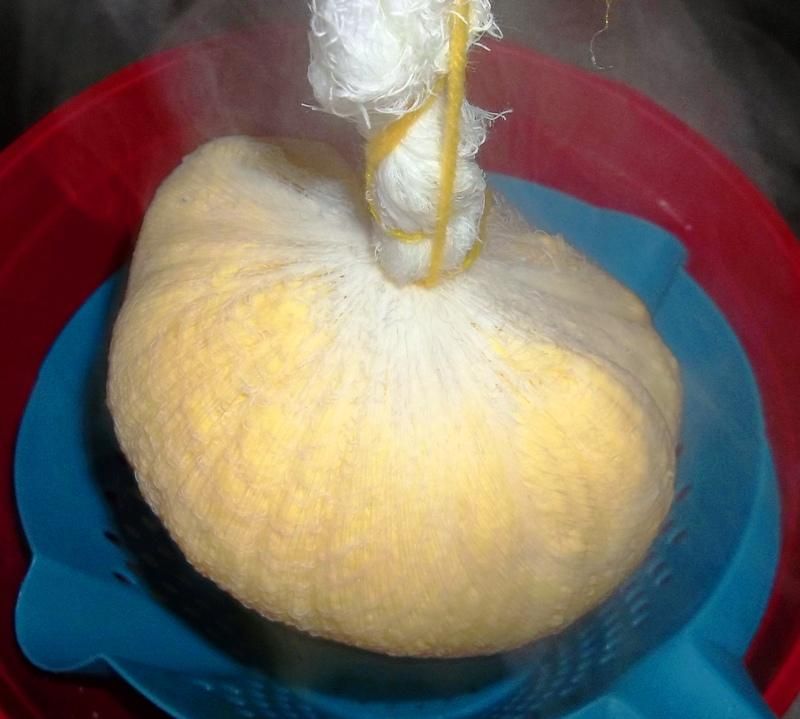
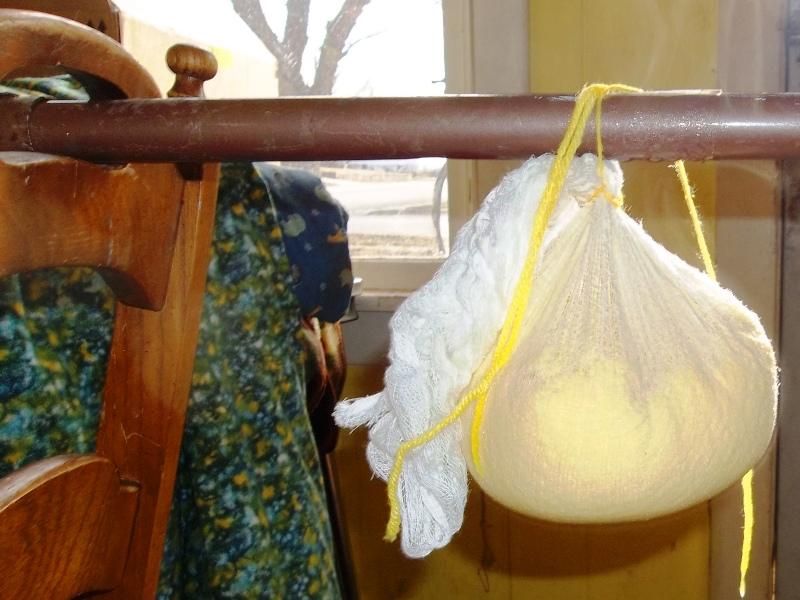
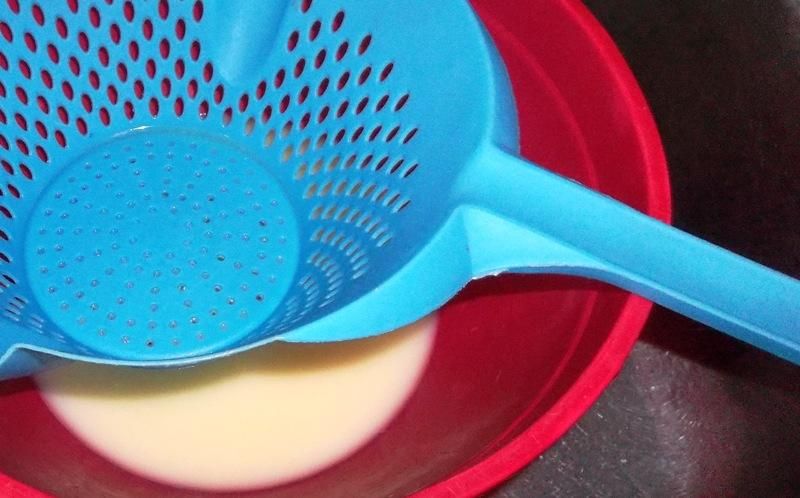
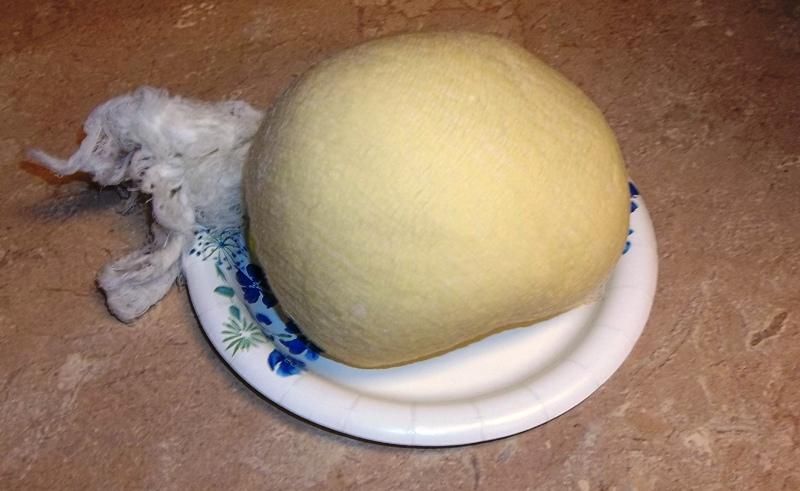
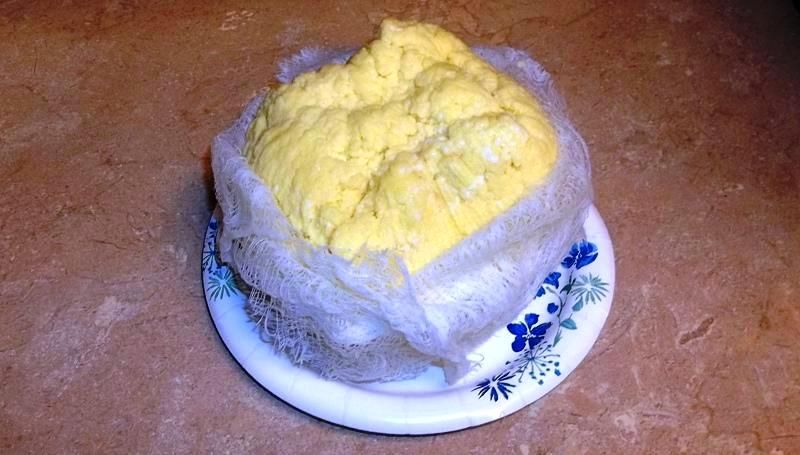
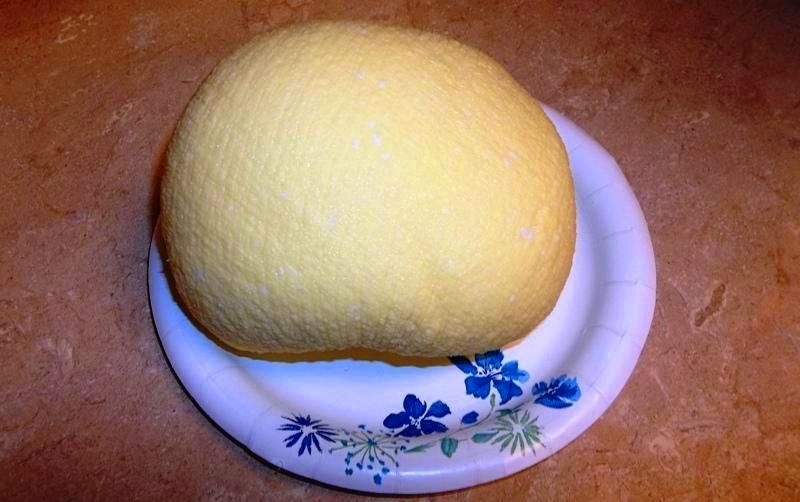
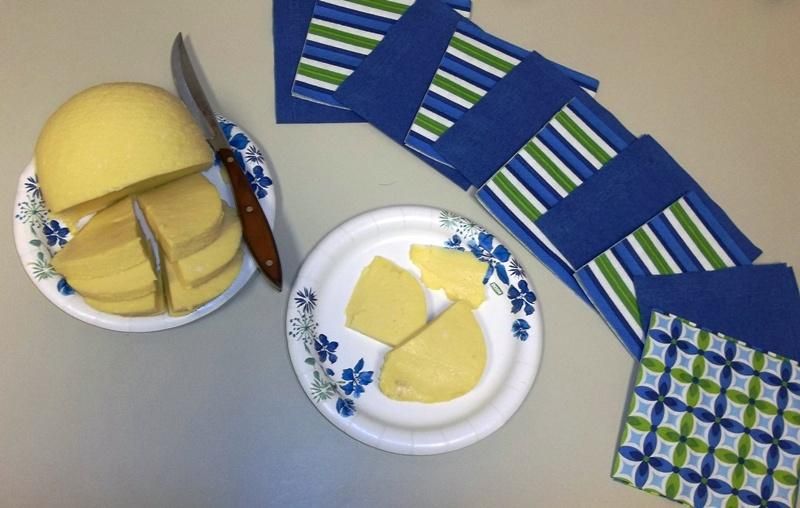
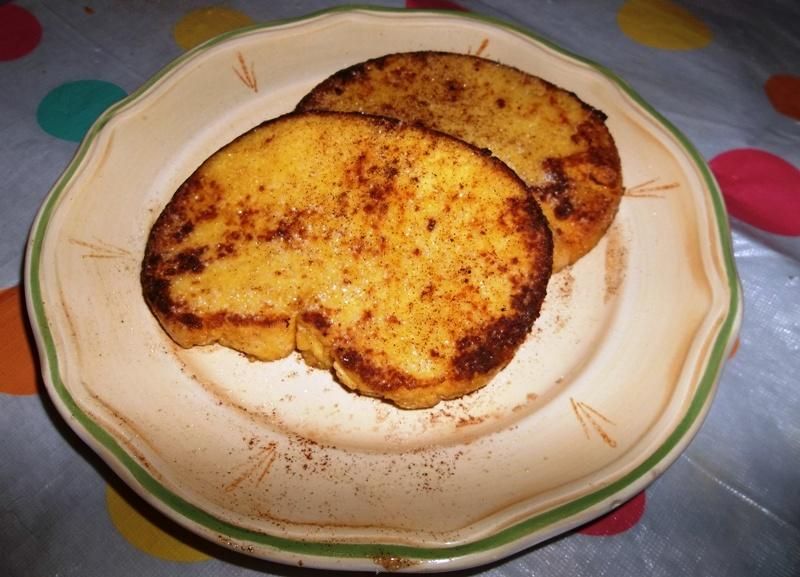


 ), the prune, apricot and cheese filled raised dough pastries. SO glad you posted this! I will be making this soon, as we are inundated with eggs...
), the prune, apricot and cheese filled raised dough pastries. SO glad you posted this! I will be making this soon, as we are inundated with eggs...



